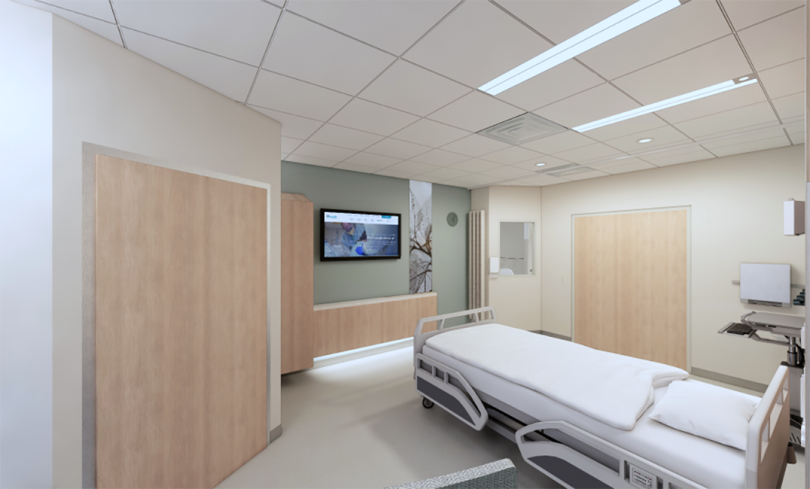They say there are no magic pills for weight loss. But there’s something that comes close.
“The health benefits that come from bariatric surgery happen almost immediately after surgery – even before you start to see the weight loss happening,” said Dr. Renee Hilton, Director of the Center of Obesity and Metabolism at Wellstar MCG and Associate Professor of Surgery at the Medical College of Georgia at Augusta University.
Hilton mused that if she put up a billboard on Walton Way that advertised a magic pill that could treat hypertension, diabetes, obstructive sleep apnea, hyperlipidemia and fatty liver disease, as well as prevent 14 cancers, improve sexual function and increase self-esteem, there’d be a line out the door for it. But because it’s a surgery, some people shy away from it.
The good news is that the surgery is incredibly safe when performed through a nationally accredited program, meaning it meets the highest standards for patient safety, patient care and long-term results, she said.
“In the right centers with these accreditations, this is a very, very safe and effective operation,” Hilton said. “It’s safer than getting your gallbladder out.”
Last month, Wellstar MCG Health Bariatrics achieved a renewal of its accreditation from the Metabolic and Bariatric Surgery Accreditation and Quality Improvement Program.
The team at Wellstar performs about 600 surgeries annually, with bariatric cases making up about 200 of them, said Hilton, who is one of just a few surgeons in Georgia who has passed the new bariatric surgery board exam.
Every three years, the program goes through the accreditation renewal process, something that requires an extensive site visit by an experienced bariatric surgeon, who reviews the center’s structure, processes and clinical outcomes.
Centers that receive accreditation must meet criteria for staffing, training, facility infrastructure and patient care pathways, as well as participate in a national data registry that comes out with semiannual reports on the quality of its surgical outcomes.
Hilton, who completed her general surgery residency at Jackson Memorial Hospital in Miami and then a fellowship in bariatric and minimally invasive surgery at Yale University in New Haven, Conn., said she likes that bariatric surgeries are not “one and done” type surgeries. She follows up with patients over the course of five years.
“This is a real meaningful relationship that you get to make as a physician with the patient and take this journey with them and really see all of the changes they go through,” she said. “I’ve seen patients who wanted to start a family end up getting married and having children. I’ve seen other patients who wanted to go back to school and get a degree, do that.”
The surgery options include the gastric sleeve, which helps patients lose 60% to 70% of excess body weight by removing a large part of their stomach. There is also the gastric bypass, which helps patients lose 70% to 80% of excess body weight by reducing the size of their stomach and the length of their small intestine. More than 60% of patients maintain their weight loss at the five-year mark, Hilton said.
The clinic also offers popular weight loss pills like Ozempic and Mounjaro, although they don’t work as well as surgery, she said.
“You have to keep taking them to maintain the weight loss and, on average, patients lose more weight with bariatric surgery,” she said.
While obesity is a well-publicized and widespread issue in the U.S., with about 93 million adults in the country affected by it, only 1.5% of those eligible for bariatric surgery end up pursuing it. Those who qualify include anyone with a BMI over 35, as well as anyone with a BMI of 30 or above who also has a major medical problem such as diabetes, hypertension or sleep apnea.
“I think people get scared or they put it off, thinking I can do it on my own,” Hilton said. “They think, ‘Next year is going to be the year I eat healthy and get in the gym and lose 100 pounds.’ But the reality is for those with a BMI over 35, less than 5% of them will be able to lose and sustain adequate weight loss without surgery.”
Hilton says she tells patients who are hesitant to start by coming in for a consultation because they don’t need a referral and there is no commitment.
“Just come see us,” she said. “Start your journey today because it’s life-changing for your health.”



